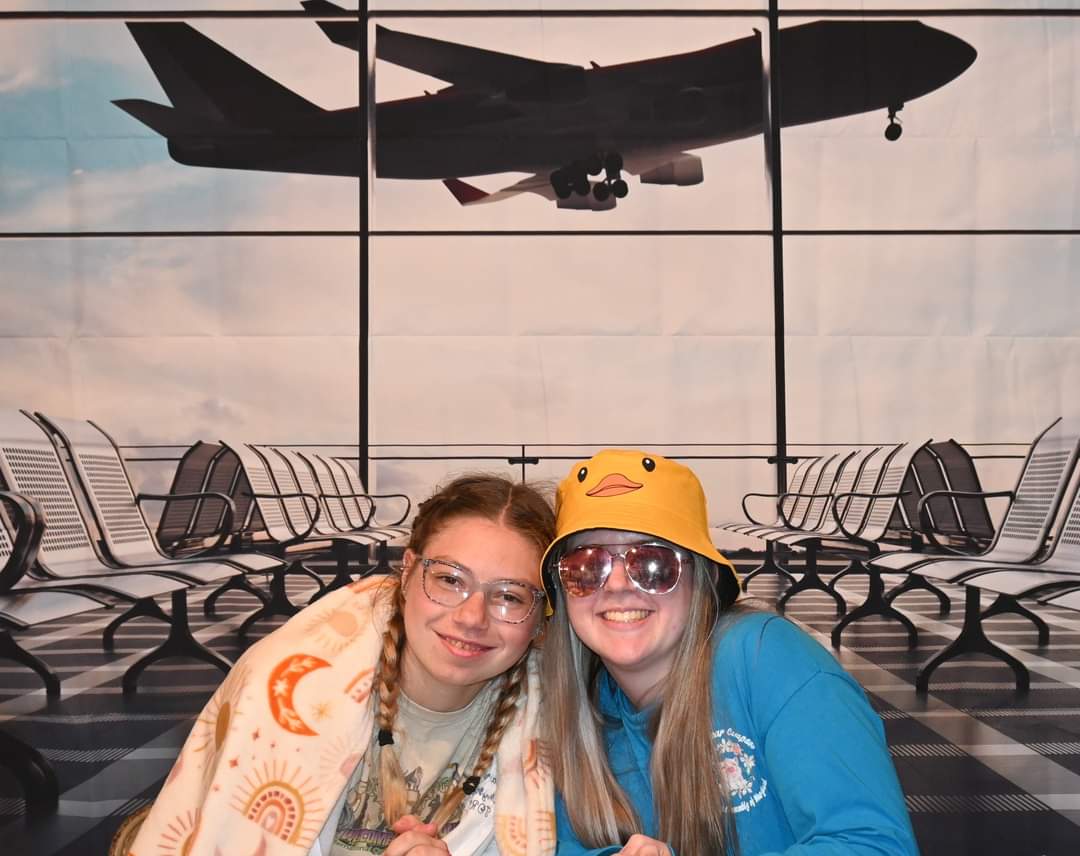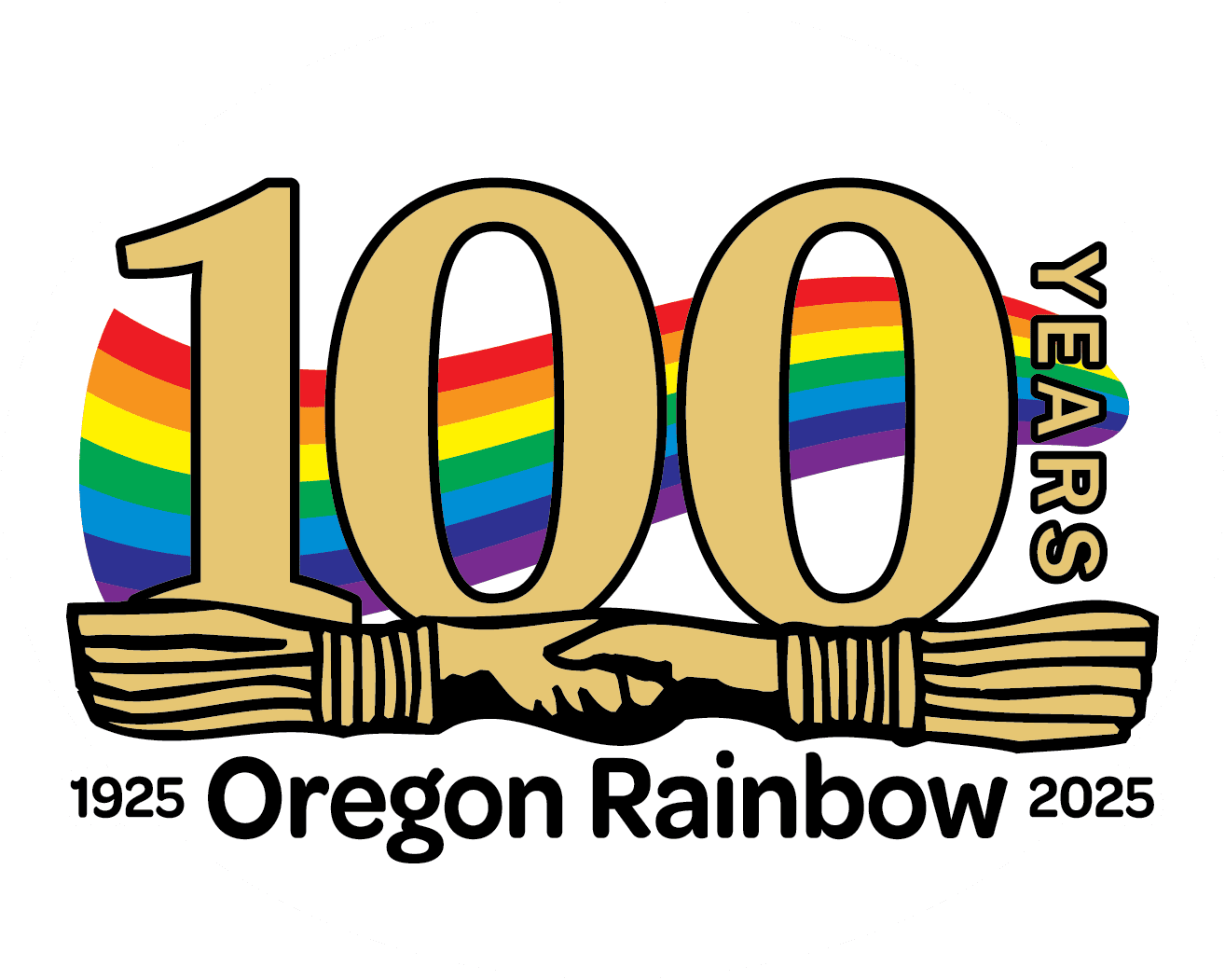About Global Ambassadors

About the IORG Global Ambassadors
Embarking on journeys and exploring new destinations is an exceptional avenue for honing leadership skills through a myriad of experiences that challenge and enhance one’s personal and professional abilities.
Cultivating Cultural Intelligence and Sensitivity
Immersion in Diverse Cultures: Travel places leaders in various cultural settings, fostering an understanding and appreciation for different customs and practices. This experience enhances their capability to work harmoniously with diverse teams and adeptly navigate global environments.
Mastering Effective Communication: Leaders learn to bridge language barriers and cultural divides, improving their ability to articulate ideas and build strong relationships in multicultural contexts.
Embracing Adaptability and Flexibility
Managing Uncertainty: Travel often entails coping with unforeseen circumstances such as flight delays, lost baggage, or navigating unfamiliar cities. These scenarios teach leaders to problem-solve, remain composed, think on their feet, and adjust to evolving situations.
Enhancing Problem-Solving Skills: Confronting and resolving travel-related challenges sharpens a leader’s ability to think critically and devise innovative solutions under pressure.
Expanding Perspectives
Fostering Innovative Thinking: Exposure to diverse lifestyles and practices can inspire leaders to adopt fresh approaches and pioneering solutions within their own organizations.
Building and Strengthening Relationships
Expanding Networks: Travel offers opportunities to connect with a wide array of individuals. Cultivating a diverse network can open doors to new opportunities and collaborative ventures.
Fostering Empathy and Connection: Experiencing different cultures firsthand nurtures empathy, enabling leaders to forge deeper connections with their teams and stakeholders.


Facilitating Personal Growth and Reflection
Encouraging Self-Discovery: Being in new environments prompts leaders to step beyond their comfort zones and reflect on their own values and leadership styles.
Boosting Confidence: Successfully navigating the challenges of travel enhances self-confidence and self-reliance, crucial traits for effective leadership.
Improving Decision-Making Abilities
Incorporating Diverse Approaches: Observing how various cultures approach leadership, decision-making, and conflict resolution provides leaders with a broader array of strategies and techniques.
Adopting Holistic Views: Exposure to different economic, social, and political contexts enables leaders to consider a wider range of factors and potential impacts when making decisions.
Promoting Team Collaboration
Strengthening Bonds through Shared Experiences: Traveling with peers can fortify team bonds and improve collaboration. Shared experiences in unfamiliar settings can break down barriers and foster a sense of camaraderie.
Exercising Leadership in Action: Leading a group during travel offers leaders the chance to practice and refine their leadership skills in real-time scenarios.
In essence, travel propels us beyond our comfort zones, challenges our viewpoints, and enhances our leadership capabilities. These collective experiences contribute significantly to the development of well-rounded, effective leaders equipped to navigate the intricacies of today’s interconnected world.
